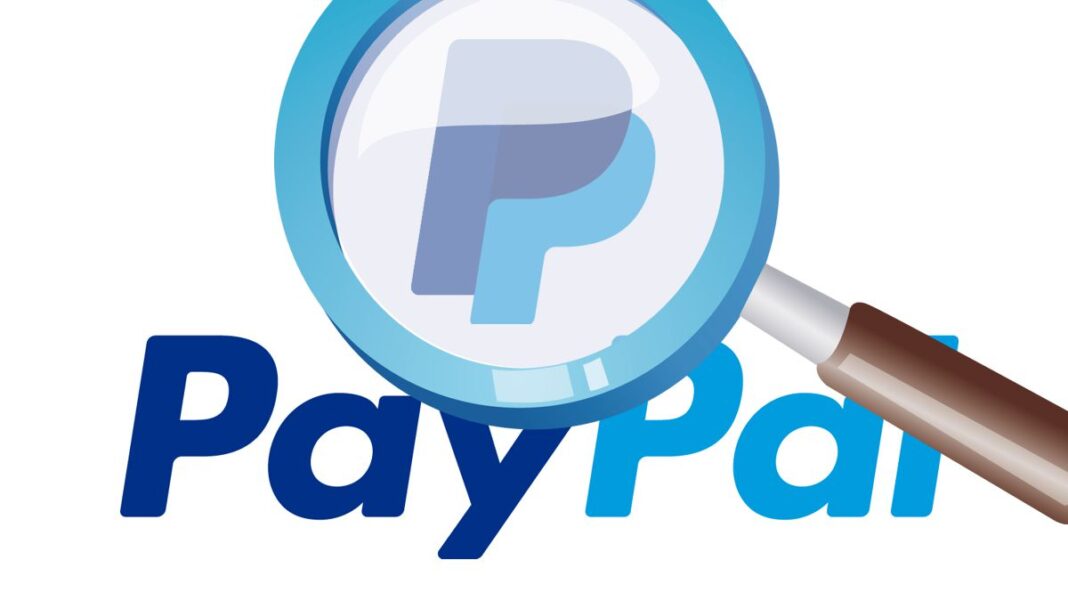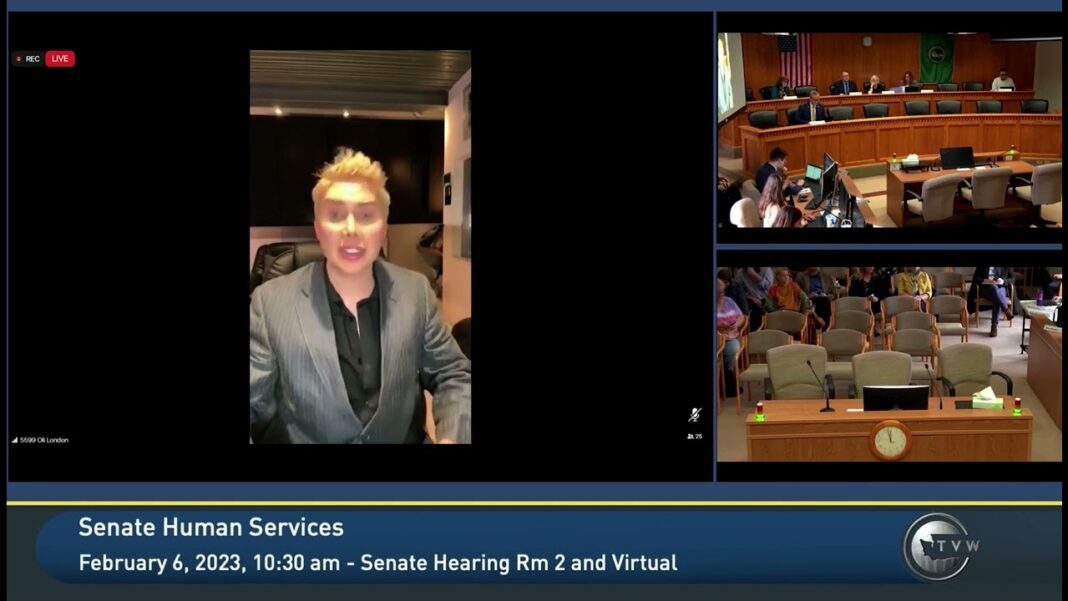The Securities and Exchange Commission (SEC) sided with conservative investors this week in their request to investigate what they say is PayPal’s systematic political and religious discrimination against customers.
Over the objections of PayPal’s management, the SEC allowed a proposal by the National Center for Public Policy Research (NCPPR) to go to a shareholder vote at the company’s next annual meeting. This decision follows a similar decision on March 29, in which the SEC green-lighted a proposal regarding alleged political and religious discrimination at JPMorgan Chase, America’s largest bank.
In an April 10 letter to PayPal’s attorneys, the SEC stated that NCPPR’s proposal “requests that the board conduct an evaluation and issue a report within the next year evaluating how it oversees risks related to discrimination against individuals based on their race, color, religion (including religious views), sex, national origin, or political views, and whether such discrimination may impact individuals’ exercise of their constitutionally protected civil rights.”
Responding to PayPal’s request to block the proposal from going to a shareholder vote, the SEC stated: “We are unable to concur in your view that the Company may exclude the Proposal under Rule 14a-8(i)(7). In our view, the Proposal transcends ordinary business matters.”
PayPal had argued that its shareholders should not consider NCPPR’s request because the issue of viewpoint discrimination is part of the company’s “ordinary business operations” and that “the proposal seeks to ‘micro-manage’ the company by probing too deeply into matters of a complex nature upon which shareholders, as a group, would not be in a position to make an informed judgment.”
The NCPPR proposal stated, among other things, that “companies that provide banking or financial services are essential pillars of the marketplace. On account of their unique and pivotal role in America’s economy, many federal and state laws already prohibit them from discriminating when providing financial services to the public. And the UN Declaration of Human Rights, consistent with many other laws and the U.S. Constitution, recognizes that ‘everyone has the right to freedom of thought, conscience and religion.’”









